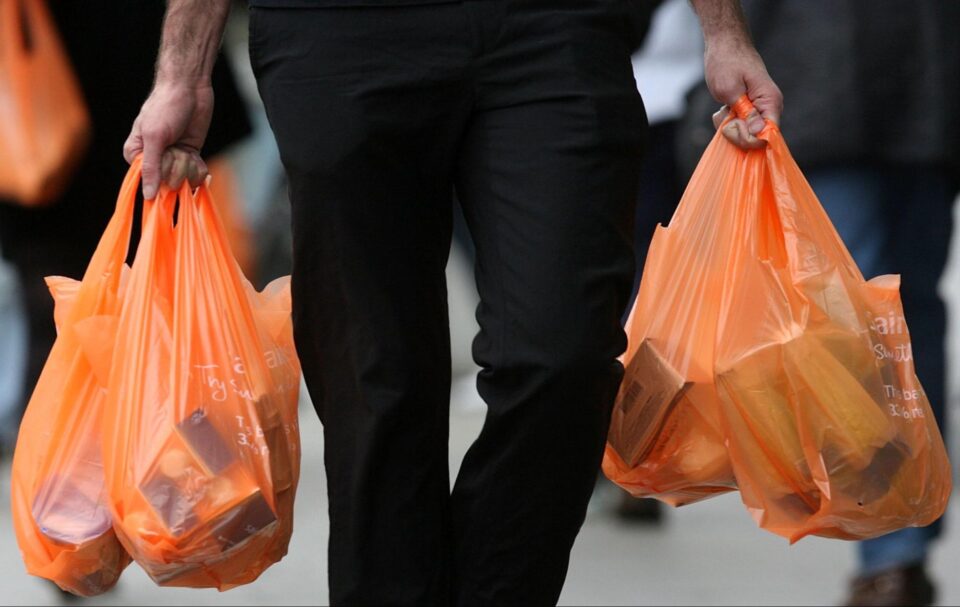California has made progress in banning “reusable” plastic shopping bags amidst the ongoing war on plastics.
On Wednesday, Senate Bill 1053, co-introduced by Sen. Catherine Blakespear (D-Encinitas) and Sen. Ben Allen (D-Santa Monica), received approval from the State Environmental Quality Committee in a 5-2 vote. Previous legislation was passed in the state to ban single-use plastics, but had a provision allowing the use of thicker plastic bags intended to be reused. SB 1053 would ban the use of all plastic bags including the “reusable” plastic bags. The state’s goal is to only permit 100% recycled material paper bags in stores.
The move to eliminate plastic reusable shopping bags comes amid growing awareness of the environmental impact of plastic pollution. Single-use plastics, including bags, have been identified as a major source of litter and marine debris, posing significant threats to ecosystems and wildlife. By phasing out plastic bags and promoting reusable alternatives, California aims to reduce plastic waste and mitigate its adverse effects on the environment.
The proposed bill has garnered support from environmental advocates and lawmakers who view it as a necessary step toward addressing plastic pollution. Proponents argue that transitioning away from plastic bags will not only benefit the environment but also promote consumer behavior that is more mindful of sustainability. By encouraging the use of reusable bags, the legislation aims to foster a culture of waste reduction and conservation.
However, the bill has also faced criticism from some stakeholders, including retailers and industry groups, who express concerns about the potential impact on businesses and consumers. Critics argue that banning plastic reusable bags could lead to increased costs for retailers and inconvenience for shoppers, particularly those who rely on these bags for their shopping needs.
As the bill progresses through the legislative process, stakeholders on all sides will continue to weigh in on its potential implications and provisions. Lawmakers will consider feedback from various stakeholders as they seek to strike a balance between environmental conservation and economic considerations. Ultimately, the goal is to enact policies that effectively address plastic pollution while minimizing negative impacts on businesses and consumers.


